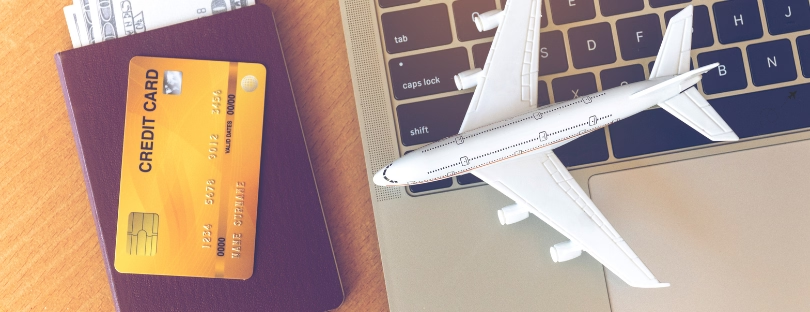Alertify
1M
255

Image Credit: Alertify
New Study Reveals 45% of Brits Visit Websites Multiple Times Before Travel Purchase
- According to recent research from Quantum Metric, 45% of Brits engage with travel websites 2 to 3 times before making a purchase, suggesting a major shift towards more thorough research and consideration before finalizing travel plans.
- The report titled “The Fall of Peak” highlights 50% of Brits now favor consistent, year-round deals rather than waiting for scheduled sales like Black Friday, indicating the importance for travel brands to rethink their marketing strategies.
- 22% of travelers had already booked at least half of their holiday travel by October, indicating the need for brands to adapt swiftly to these behaviors.
- Despite the shift towards early bookings and more frequent website visits, consumers remain cautious about spending, underscoring the need for brands to craft enticing yet affordable offers.
- Travel businesses must ensure a seamless digital experience that reflects a personalized experience by offering customized promotions, allowing users to choose their preferred ways of paying, and maintaining consistency in messaging throughout their marketing efforts.
- To keep pace with changing behaviors, travel brands must leverage data analytics. This can help track customer engagement and purchase patterns effectively to adjust marketing strategies and maintain ongoing promotional efforts.
- As the travel landscape evolves, travel brands need to recognize and adapt to evolving consumer behaviors by prioritizing user experience and ongoing engagement to build lasting relationships with customers.
- The future of travel consumerism is predicted to focus on increased demand for sustainability and a focus on experience over price, requiring brands to stay updated on trends and be adaptable with pricing and travel options.
- By embracing change and implementing adaptable strategies that prioritize user engagement and personalization, travel businesses can build lasting relationships with their customers and succeed in this evolving landscape.
Read Full Article
15 Likes
For uninterrupted reading, download the app